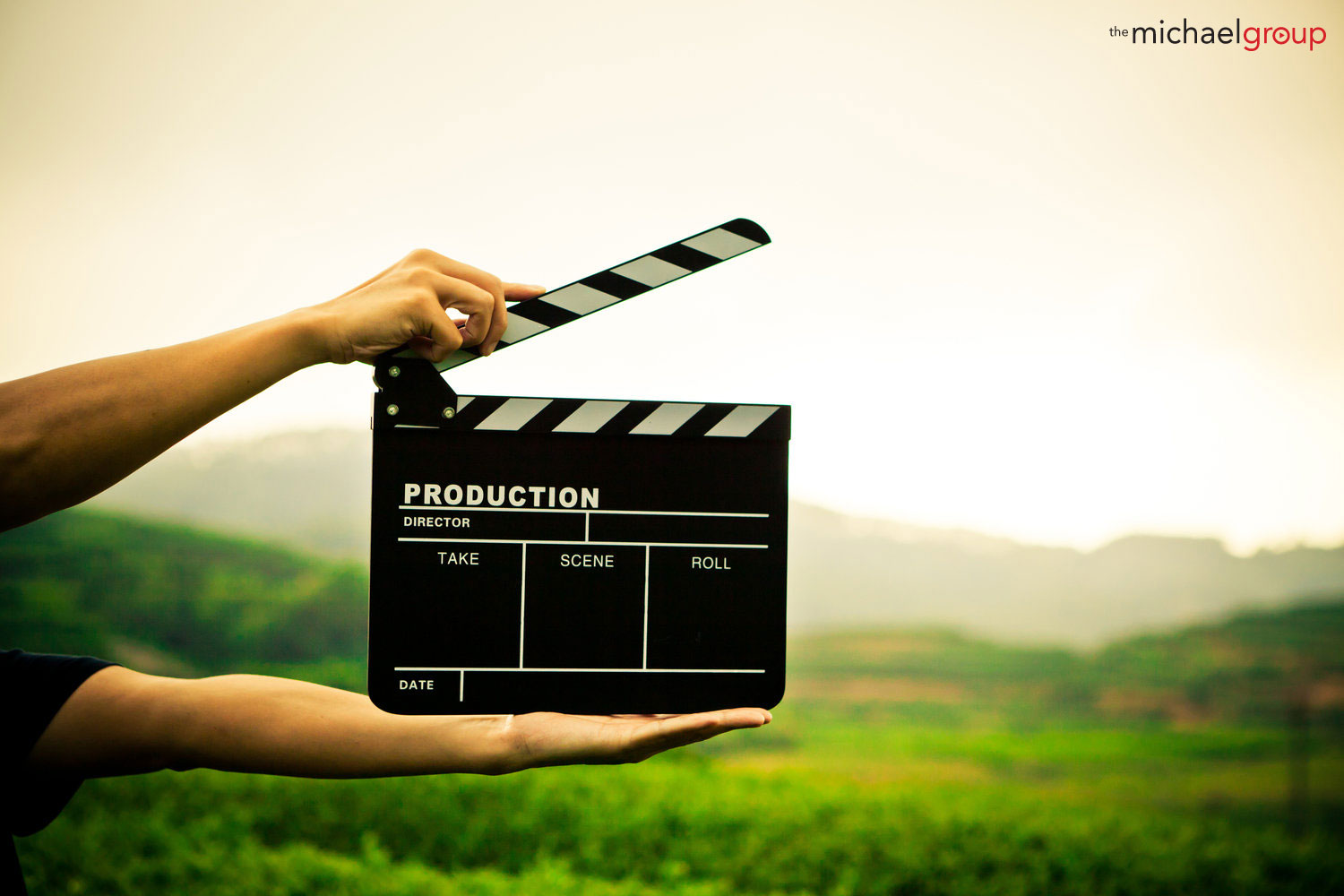
Productions can range from jet setting stops to different cities or countries or it could be an opportunity to find the perfect scene, closer to home. The problem is without proper location scouting, you may never find the perfect spot to film your production. Location scouting is an important part of the pre-production process and one you can’t start without. Without the perfect background location to set the scene and the mood, your production will fall flat, and your final production won’t captivate audiences anywhere.
Lighting is just as important as time when it comes to production. When location scouts go out, it’s best to take a camera or even a cameraman along to do a few test shots to check the lighting. This will save time on production day and scouts will know if any extra props are needed to brighten or lessen the amount of light that enters a room.
These few points aren’t even the tip of the iceberg for location scouts. Location scouts also need to ensure that the sound in the selected location is perfect, that the required permits or permissions are obtained, that the weather conditions leading up to and on production day won’t have an adverse effect on the scene. Location scouting is not a job to be taken lightly.